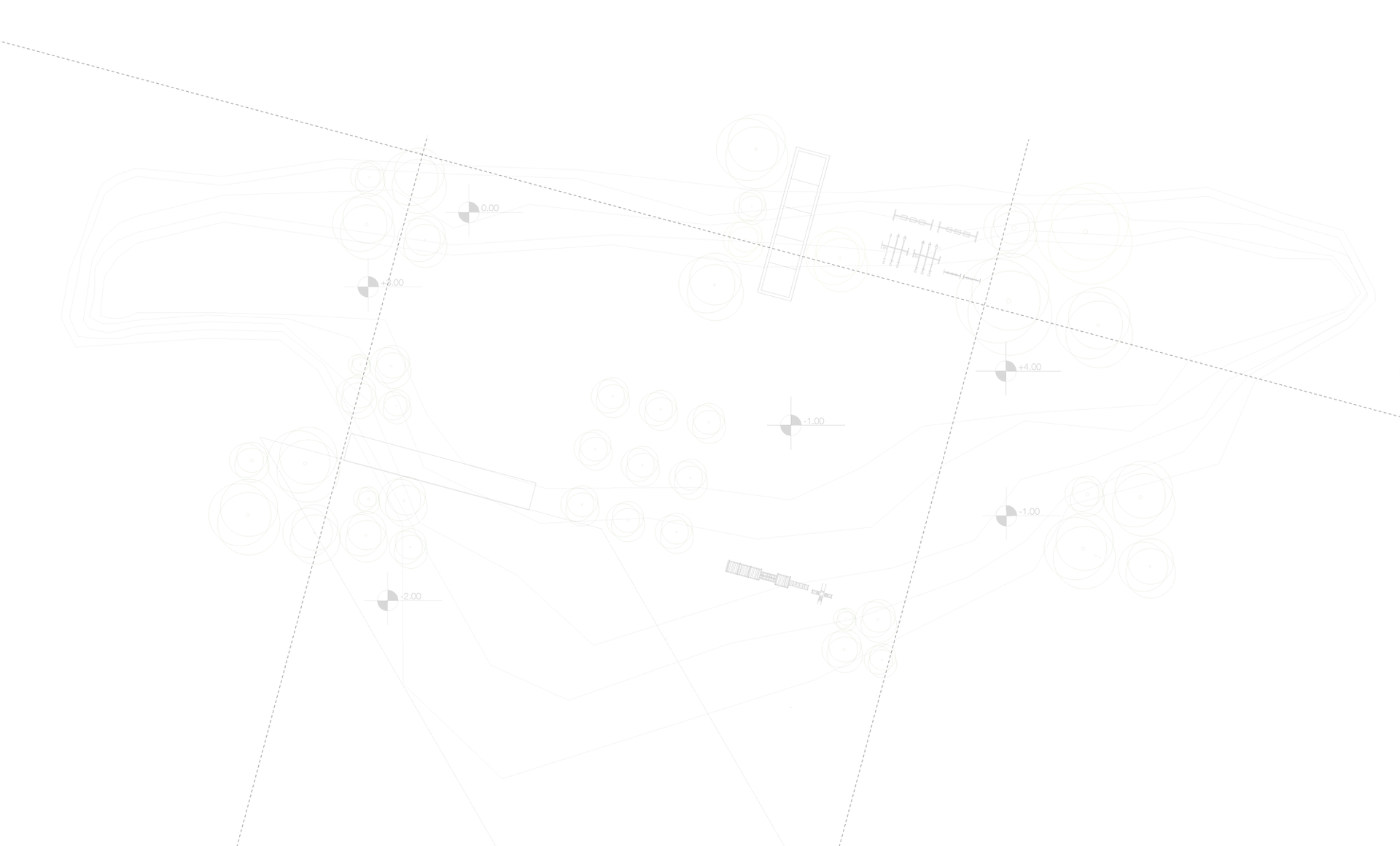

Geoff Farrer
Post Graduate Yoga Practitioner and Teacher
The Vini Yoga Approach to Yoga

Yoga is best taught in a one to one situation, which caters for the needs of the individual. There are 3 main approaches to teaching.
-
As a therapy - ‘cikitsa’
This aims to help alleviate particular health problems. Eventually the condition may improve as the practitioner develops a skillful means to help deal with the symptoms.
The yoga sutra of Patanjali also mentions afflictions such as unsteadiness of limb and disturbed breathing. On an emotional level there may be the feeling of restriction in the mind and malaise known as ‘duhkha’, which can have deep-seated roots. This may also be accompanied by mental disturbance and negative thoughts, ‘daurmanasya’.
In yoga the aim is to work with the body, breath and mind to try and develop harmonious integration of all three functions. In this process the role of the breath plays a vital role in helping to bring about positive change. Particular importance is given to the exhalation, which the practitioner aims to be steady and subtle throughout the practice.
-
Maintaining constitutional health ‘raksana’
It is important to keep practising once the above symptoms have reduced, as there is a tendency for them to return when complacency sets in. Practice is best done on a regular basis but you may need to adjust your practice according to how you feel and your needs at a particular time. It may be your practice moves from the grosser aspects to the subtle, and you may find yourself incorporating more meditative aspects into your practice.
-
‘Siksana’, a strict form of teaching which emphasizes a very disciplined approach to yoga and the different levels of body, breath and mind.
It is unusual to start from a ‘siksana’ approach as modern life has led to a great need for the two previous approaches to teaching. For example, most people need to bend the knees when taking a forward bend. However, there may still be a role for a ‘siksana’ approach, for example, this may be applied to working intensely, especially on areas of the spine.